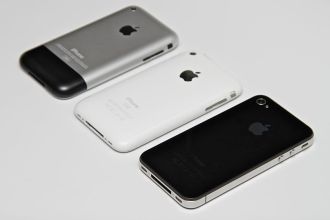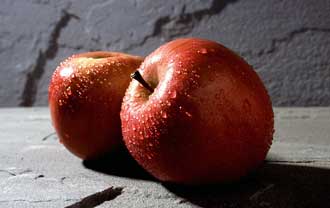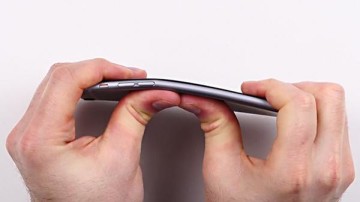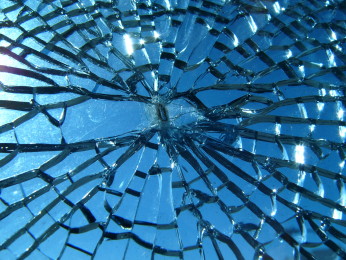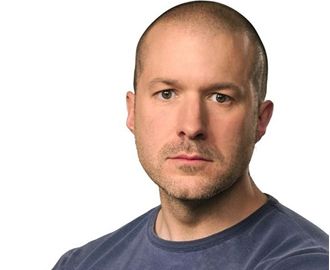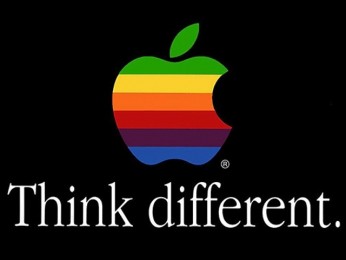 After ten years trying to get an antitrust case against Apple to court, the case might collapse because the plaintiffs can’t prove they ever bought an iPod.
After ten years trying to get an antitrust case against Apple to court, the case might collapse because the plaintiffs can’t prove they ever bought an iPod.
The antitrust case was messy and would have bought a fair few skeletons out of the closet proving that Jobs’ Mob had done its best to kill off rivals with some dirty deeds ordered by its Messiah Steve Jobs.
The case is so old that Jobs even recorded a video testimony defending his actions. The lawsuit covers iPods purchased between September 2006 and March 2009. Lawyers representing both consumers and businesses claim that the restrictions meant Apple could inflate the prices of iPod in an anti-competitive manner. They are seeking $350m in damages, which could be tripled under US competition laws.
However, now it seems that he case might get chucked out on a technicality. Lawyers for Apple have raised a last-minute challenge saying new evidence suggested that the two women named as plaintiffs may not have bought iPod models covered by the lawsuit.
Apple lawyers checked the serial number on the lead plaintiff’s iPod Touch and found it was bought in July 2009. The other main plaintiff, Melanie Wilson, also bought iPods outside the relevant timeframe, they indicated.
Judge Yvonne Gonzalez Rogers said at the end of the trial’s third day of testimony in Oakland, California said she was concerned that she did not have a plaintiff.
Lawyer Bonny Sweeny said that her team was checking for other receipts. She conceded that while Ms Wilson’s iPod may not be covered, an estimated eight million consumers are believed to have purchased the affected devices.
It is a pity as so far it has emerged in the trail that between 2007 and 2009, if an iPod owner tried to sync their device with iTunes and had music from another digital store on the device, they would receive an error message telling them to restore their iPod to factory settings. This effectively wiped all non-iTunes music from the device.
Apple maintained at the trial that the software and restrictions were necessary to protect users from malicious content and hackers.





